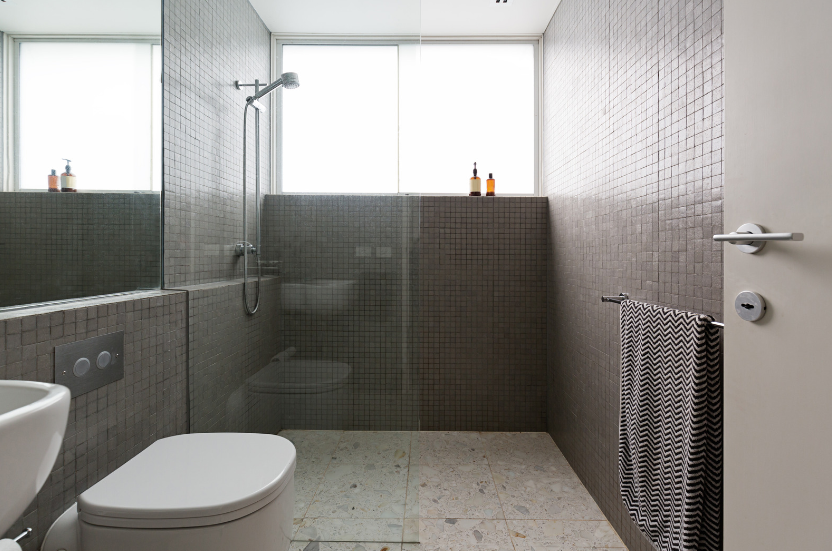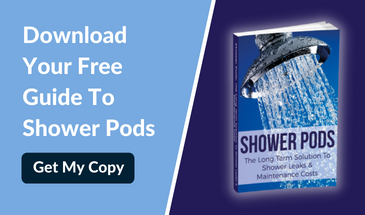Is A Shower Or A Bath More Sustainable?
Posted by Mark Peers
‘
Shower vs bath’ is an increasingly important question as the world tackles rising energy prices and a global water crisis. In today’s article, we look beneath the bubbles to offer our professional insight.
Is A Bath Sustainable?
Sometimes yes, sometimes no. Baths use a lot of energy and – if you’re the type who likes a long, deep soak – a lot of water. Therefore, in terms of their basic carbon demand, baths can leave quite a footprint. Factors to consider include the gas or electricity required to fill the bath, as well as the water volume. A daily shallow, warm (not hot) bath is often a more economical way to keep young children healthy than a daily shower, for instance. It’s also important to consider that bathing in warm water can be very good for both physical and
mental health. Also, a long shower can often use as much water as a bath, especially when using a ‘power shower’.
Can A Bath Be More Sustainable Than A Shower?
Showers are usually more water-efficient and sustainable than baths. However, there are a surprising number of options for re-using bathwater. Known as ‘grey water’ – which simply means water that is not suitable to drink – it has multiple applications around the home. Although it can be controversial, some specialists recommend using grey water to nourish plants and gardens, and a simple adjustment to the toilet cistern means it can be filled and re-used. In an ideal set-up, a grey water tank will collect, filter, and store wastewater for an effortlessly sustainable system.
Are Showers Sustainable?
If they are leak-free and efficient, yes. Unlike baths, most showers do not give the immediate option of collecting and re-using water (but read on for some helpful tips below!). However, they generally use less water and less energy than baths. Showers enable users to achieve a high level of hygiene quickly and easily, and the ample choice of heads and set-ups mean that everyone can choose their ideal level of comfort and relaxation. The type of shower makes a difference to how sustainable it is. For instance, wet rooms tend to
have a higher ecological demand than shower pods, partly due to the volume of concrete that is required for installation, and leaky or inefficient showers can be extremely wasteful.
Can Showers Be More Sustainable?
Yes, there are various ways to make a shower more sustainable. For instance, switching to a water-conserving ‘eco-head’ is always recommended. However, it is also possible to use the leak-proof tray to collect water that can then be re-used. Alternatively, the tray can be connected to a tank. Today’s tanks come with advanced filtration systems that will remove any contaminants, and these can be plumbed into the main system so that the shower water fills cisterns, washing machines, and similar household or industrial appliances.
The Final Verdict
Baths are a nice luxury, but unless you can make the effort to make the most of the water, they can be wasteful. Showers are usually more sustainable for daily washing, but it really helps to install one that is leak-proof and energy efficient. In both cases, working with your contractor to see how many innovative options are available is advisable.
Next Steps
At Advanced Showers, we’re firm supporters of our leak-proof shower pods, and it’s good to know that they are helping households and companies do their bit for the environment. To speak to one of our team, please call 01483 532020 today.
Image Source: Canva





